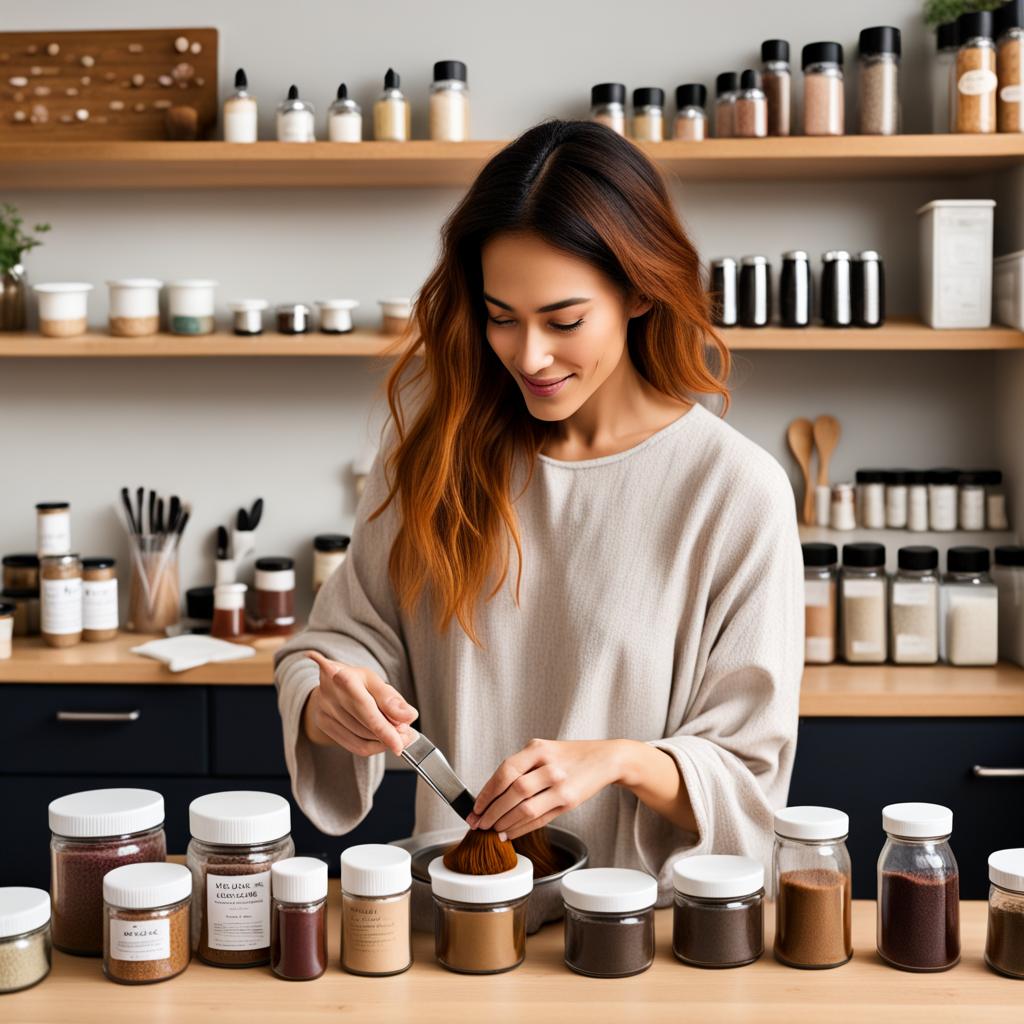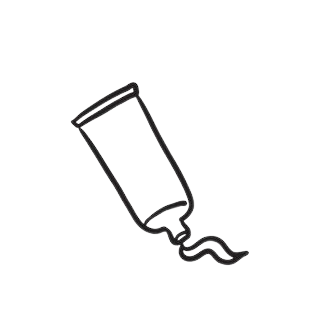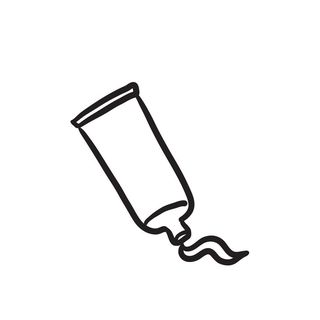
DIY Hair Formulation: Crafting Color at Home
Creating your own hair color at home can be a rewarding and personalized experience. Whether you’re looking to touch up your roots, experiment with a new shade, or embrace the vibrant world of DIY hair coloring, the process can be both fun and cost-effective. In this in-depth guide, we’ll explore the art of making hair color at home, covering essential tips, key ingredients, and the step-by-step process to achieve salon-worthy results.
The Art of Crafting Homemade Hair Color
Understanding Your Hair Type
Before diving into the world of DIY coloring, it’s crucial to understand your hair type and its natural undertones. Knowing your starting point helps in selecting the right homemade formulation for optimal results.
Selecting the Right Ingredients
Creating homemade color requires a careful selection of effective and safe ingredients. Common choices include henna, tea, coffee, beet juice, chamomile, and lemon juice. Each ingredient brings unique color properties and benefits to the mix.
Henna for Natural Color
Henna, a plant-based dye, is popular for achieving a natural look. It comes in various shades, allowing you to customize your color based on your preferences. To create a henna mixture, combine the powder with hot water or brewed tea until it forms a thick paste. Apply it to clean, dry hair, and leave it on for the recommended time before rinsing.
Customizing Your Homemade Color
Coffee for Brunette Tones
To enhance brunette tones or cover gray hair, coffee is a fantastic natural option. Brew a strong cup of coffee and let it cool. Mix it with a conditioner to create a paste, then apply it to your hair. The longer you leave it on, the deeper the color result. Coffee not only adds depth but also provides a delightful aroma.
Tea for Subtle Highlights
For subtle highlights or lightening your hair, tea is a gentle and natural option. Chamomile tea is known for its lightening effects, while black tea can add depth to darker hair. Brew the tea, let it cool, and then apply it to your hair. Sit in the sun for natural lightening, or cover your hair with a shower cap for a more subtle effect.
Beet Juice for Vibrant Reds
For vibrant red tones, beet juice is a natural and vibrant option. Extract juice from fresh beets and mix it with a carrier oil or conditioner to create a paste. Apply the mixture to your hair, leaving it on for an hour or more for intense color. Beets not only provide a bold hue but also nourish the hair with vitamins and antioxidants.
Step-by-Step Guide to Homemade Coloring
Prepare Your Workspace
Set up your space with all the necessary tools and ingredients. Wear an old shirt or drape a towel over your shoulders to protect your clothing.
Choose Your Color Ingredients
Select the ingredients that align with your desired outcome. Whether it’s henna, coffee, tea, or beet juice, gather everything you need before starting the mixing process.
Mixing the Ingredients
Follow specific recipes or guidelines for each ingredient. For henna, create a paste with hot water or tea. For coffee and tea, mix with conditioner to form a smooth paste. Adjust the proportions based on the length and thickness of your hair.
Patch Test
Before applying the mixture to your entire head, conduct a patch test on a small section of hair to ensure you’re happy with the color result and that there are no adverse reactions.
Application Process
Apply the homemade color mixture evenly, starting from the roots and working towards the tips. Use a brush or your hands, depending on the consistency of the mixture. Ensure every strand is coated for uniform distribution.
Processing Time
Different ingredients require varying processing times. Follow the recommended time for the specific homemade color you’re using. Keep in mind that longer processing times may result in a more intense color.
Rinse and Condition
Once the processing time is complete, rinse your hair thoroughly with lukewarm water until it runs clear. Follow up with a conditioner to nourish and soften your hair.
Maintaining Homemade Color

Sulfate-Free Shampoos
To prolong the life of your homemade color, opt for sulfate-free shampoos. Sulfates can strip away color, so choosing a gentle, color-safe shampoo is essential for maintaining vibrancy.
Cold Water Rinses
When washing your hair, use cold or lukewarm water. Hot water can open the hair cuticle, leading to faster color fading. Coldwater helps seal the cuticle, preserving the color for a more extended period.
Protective Styling
Protect your hair from the sun and environmental factors by wearing hats or scarves when outdoors. UV rays can contribute to color fading, so taking these precautions helps maintain your homemade color.
Final Thoughts
Crafting your own color at home is a creative and empowering journey. Whether you’re embracing natural tones with henna, adding subtle highlights with tea, or going bold with beet juice, the possibilities are endless. Experiment with different ingredients, customize your color, and enjoy the freedom of expressing your style from the comfort of your own home. With the right ingredients, techniques, and a touch of creativity, you can achieve salon-worthy results and flaunt your unique, homemade color with confidence.

